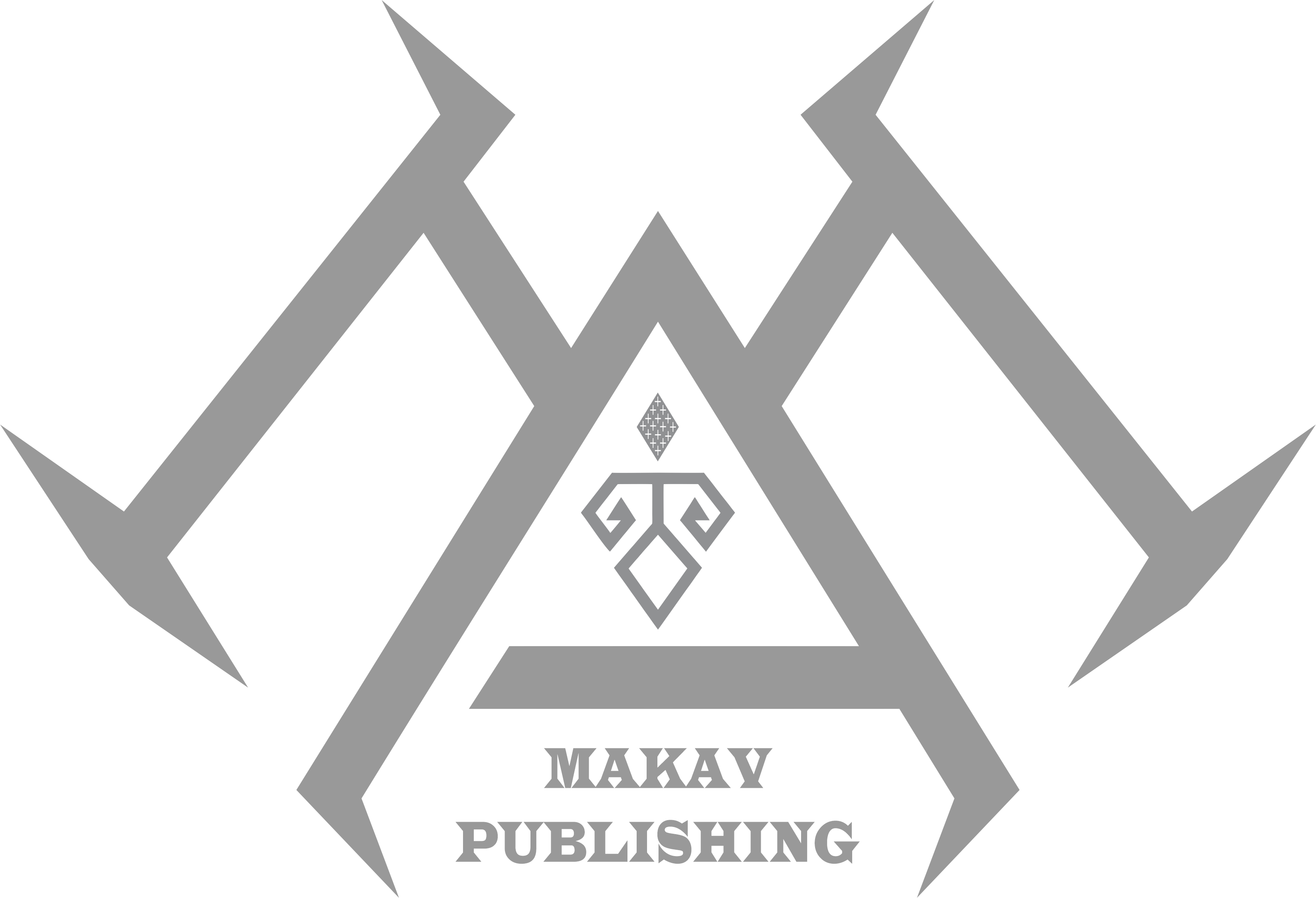Reviewer Guideline
The peer-review process is essential for ensuring the quality and credibility of the articles published in Litteratus Mentes. Reviewers play a crucial role in evaluating the submitted manuscripts and providing constructive feedback to authors. The following guidelines are provided to reviewers to maintain consistency, fairness, and confidentiality throughout the review process:
Expertise and Competence:
Reviewers should possess expertise in the relevant field of literary studies to provide informed and insightful evaluations. They should have a strong academic background, research experience, and familiarity with the latest developments in the field.
Confidentiality:
Reviewers must maintain strict confidentiality throughout the review process. The content of the manuscript, its data, and findings should not be shared or discussed with anyone outside the review process without the journal's permission.
Timeliness:
Reviewers are expected to respond promptly to review invitations. If they are unable to complete the review within the given timeframe, they should inform the journal's editorial office promptly, allowing alternative arrangements to be made.
Objectivity and Constructive Feedback:
Reviews should be objective, unbiased, and constructive. Reviewers should provide clear and well-reasoned comments on the strengths and weaknesses of the manuscript, with suggestions for improvement where necessary.
Originality and Plagiarism:
Reviewers should assess the originality of the work and ensure there is no evidence of plagiarism or unethical practices. If any concerns about originality or ethical issues arise, they should be reported to the editor.
Scope and Fit:
Reviewers should evaluate whether the manuscript aligns with the scope and aims of Litteratus Mentes. They should assess if the research contributes significantly to the field of literary studies.
Ethical Considerations:
Reviewers should report any potential conflicts of interest with the authors or the manuscript. If they suspect any ethical misconduct, such as data fabrication or inadequate citations, they should inform the editor.
Clarity and Language:
Reviewers should assess the clarity of the manuscript's presentation and language. If language issues hinder their review, they may suggest a language check but should primarily focus on the content and scientific validity.
Confidential Comments to the Editor:
Reviewers may provide confidential comments to the editor, if necessary, regarding concerns they don't wish to convey directly to the authors. Such comments should be respectful and focused on improving the manuscript's quality.
Decision Recommendations:
Based on the review, reviewers should recommend one of the following decisions: accept, minor revisions, major revisions, or reject. Reviewers should justify their decision with clear explanations.
By following these guidelines, reviewers contribute to maintaining the academic standards of Litteratus Mentes and support the dissemination of high-quality research in the field of literary studies.



